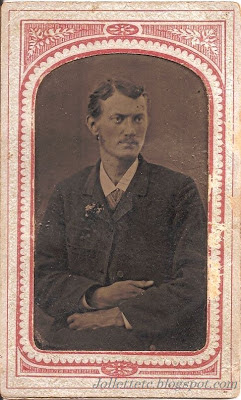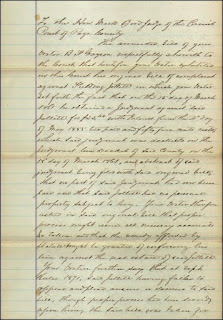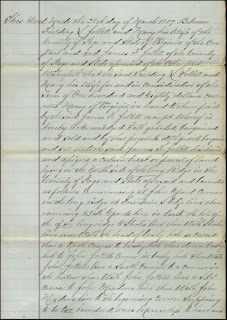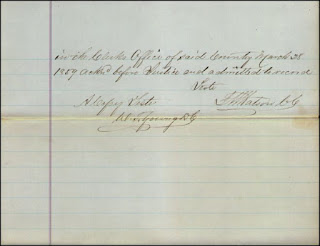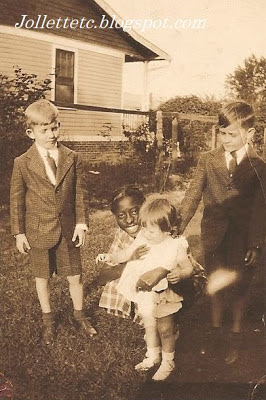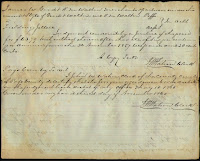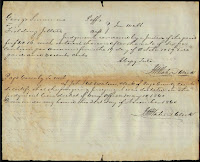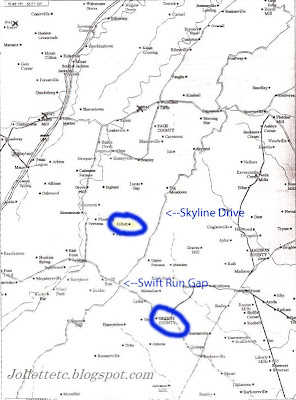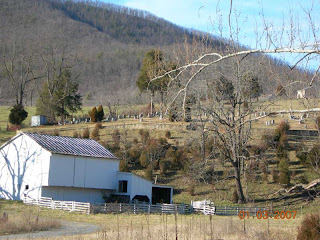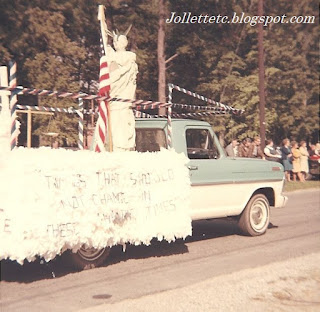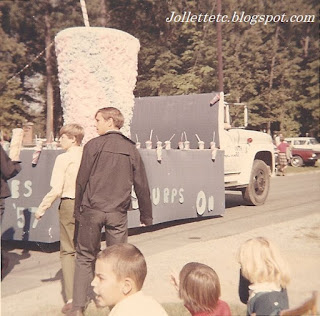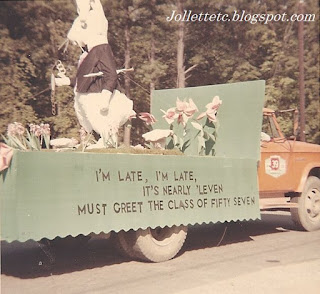Benjamin F. Grayson believed that Fielding and James
Franklin Jollett committed fraud to avoid repaying a loan that had grown from
$22.44 to $46.52 over the course of 17 years.
A timeline might help clarify the problem:
- 1855 – Fielding Jollett borrowed $22.44 from Benjamin F. Grayson
- 1859 – Fielding deeded 200 acres to his son James F. Jollett for $180
- 1859 – Fielding deeded 37 acres to his son John W. Jollett for $50
- 1861 – Judgment docketed in the case of Grayson vs Jollett finding Jollett must pay $22.44 plus interest from 1855 plus 55 cents costs until paid
- 1871 – Grayson filed a complaint against Jollett for non-payment
- 1876 – Grayson filed amended complaint charging fraud and adding James Franklin Jollett to the complaint
Grayson claimed that James Franklin did not actually buy
his father’s land because no money changed hands. Now, how did he know that for sure? If payment were made, did it have to occur
in front of witnesses at the signing in order for the deed to be recorded? I don’t know the answer to that. But given what I DO know, I can understand
Grayson’s point of view. The whole affair
looks fishy to me, too.
Let’s go back to 1859.
In March Fielding deeded 200 acres along Naked Creek in Page County to
James Franklin. It is assumed that the younger Jollett was going to take possession, live there, and farm the land. Maybe while he was still living at home,
things looked to be on the up and up.
However, when James Franklin married Lucy Ann Shiflett in November of
that year, they moved to Greene County.
 |
| 1860 Federal census for Greene County, Virginia James Franklin and Lucy are living between her uncle Leland Frazier and her parents Burton and Nancy Frazier Shiflett |
In 1860 and every census after that until 1910, James Franklin was in
Greene County living near his in-laws. In
1866 he was listed as a distiller, a manufacturer of spirits, on the IRS tax
assessment roll for Nortonsville, technically in Albemarle County but just one
hairy toe over the line from Greene County.
He never returned to Page County.
No wonder Grayson was suspicious.
And where was Fielding?
Right where he always was:
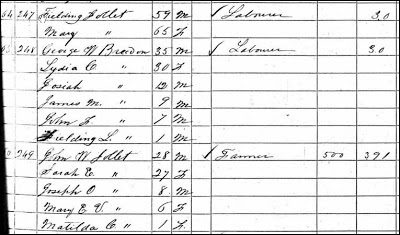 |
| 1860 Federal census for Page County, Virginia Fielding and Mary Ann are next to their daughter Lydia Breeden and son John W. Jollett |
farming along Naked Creek in Page County. In 1850 he claimed his real estate was worth
$100; in 1860 he said he had no land but personal property worth $3; in 1870 he
claimed real estate again worth $200. So
while claiming “no real estate” in 1860 is consistent with the deed of 1859,
assigning a value to real estate in 1870 implies he actually owned the
farm.
Of course, it’s possible James Franklin allowed Fielding
to farm the land in his absence. It’s
also possible – but not probable – that Fielding bought it back. But with all those judgments hanging over his
head, it doesn’t seem 1870 would have been a good time to take back the
farm.
 |
| 1876 ruling |
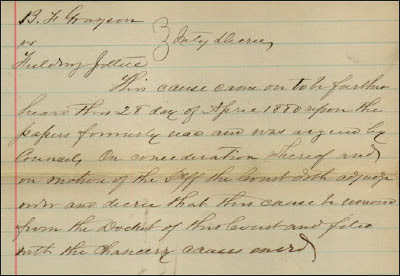 |
| 1880 ruling |
In April 1880 (!!), the case was removed from
the Court and sent to the Chancery Causes court. Other than copies of summonses and prior
judgments, there is no more in this particular folder. Did Fielding ever repay all those
creditors? Surely the outcome is
recorded SOMEWHERE.
But back to the BIG question: Did father and son conspire to commit
fraud? Had they found the loophole that
would ensure the farm remained in the family and confound the efforts of
creditors? Or was Fielding simply doing what many aging parents do by "downsizing" while he was still able? While the timing of the transfer
of ownership certainly raised a red flag, a deed was in fact recorded in Page
County. What's more, the deed preceded any of the complaints by one year, and by two years in the complaint of Benjamin Grayson.
I’ve watched enough episodes of “Law and Order” and “Matlock” to know it’s impossible to prove what was in someone’s heart.
I’ve watched enough episodes of “Law and Order” and “Matlock” to know it’s impossible to prove what was in someone’s heart.

